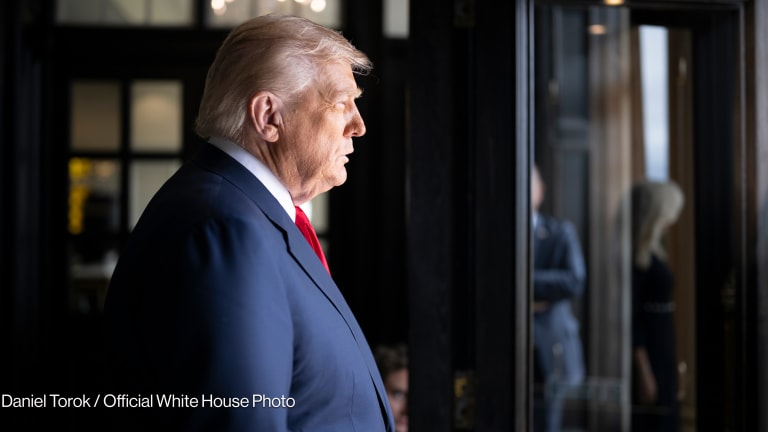Egypt needs the financial assistance promised by the United States and the rest of the international community — and it needs at least some of the money immediately, the Washington Post argues in its Sept. 29 editorial.
The G-8 pledged a total of $80 billion worth of aid to Egypt, Morocco and Jordan. The World Bank, International Monetary Fund and other multilateral development banks have also committed loans and funds.
“The problem, as so often with international aid, is that the money is not being delivered,” the Washington Post editorial board notes, citing Egypt’s case as an example. The country, the newspaper notes, has been promised more than $17.5 billion but its officials say they have yet to receive any of the offered money. The transitional government there is now struggling to pay civil employees and fund government expenses, the Washington Post says.
The newspaper notes one of the reasons the country has yet to receive aid is its general’s refusal of IMF, World Bank and U.S. aid packages. But it argues that with the general’s promise to step down and turn over power to a civilian government in the next few months, it is important the international community makes sure the new government “does not inherit an empty treasury or an economic crisis.”
“That’s why U.S. and other multilateral aid should be delivered now — and why Congress’s hesitation in approving new funds is shortsighted,” the Post says.
It adds that while most of Congress’ concerns about the next leadership of Egypt are relevant, it would be a greater danger to the United States and the rest of the world if “an Egypt deprived of Western aid is unable to pay workers’ salaries or create jobs for young people in the coming months.”
Read more development aid news online, and subscribe to The Development Newswire to receive top international development headlines from the world’s leading donors, news sources and opinion leaders — emailed to you FREE every business day.








